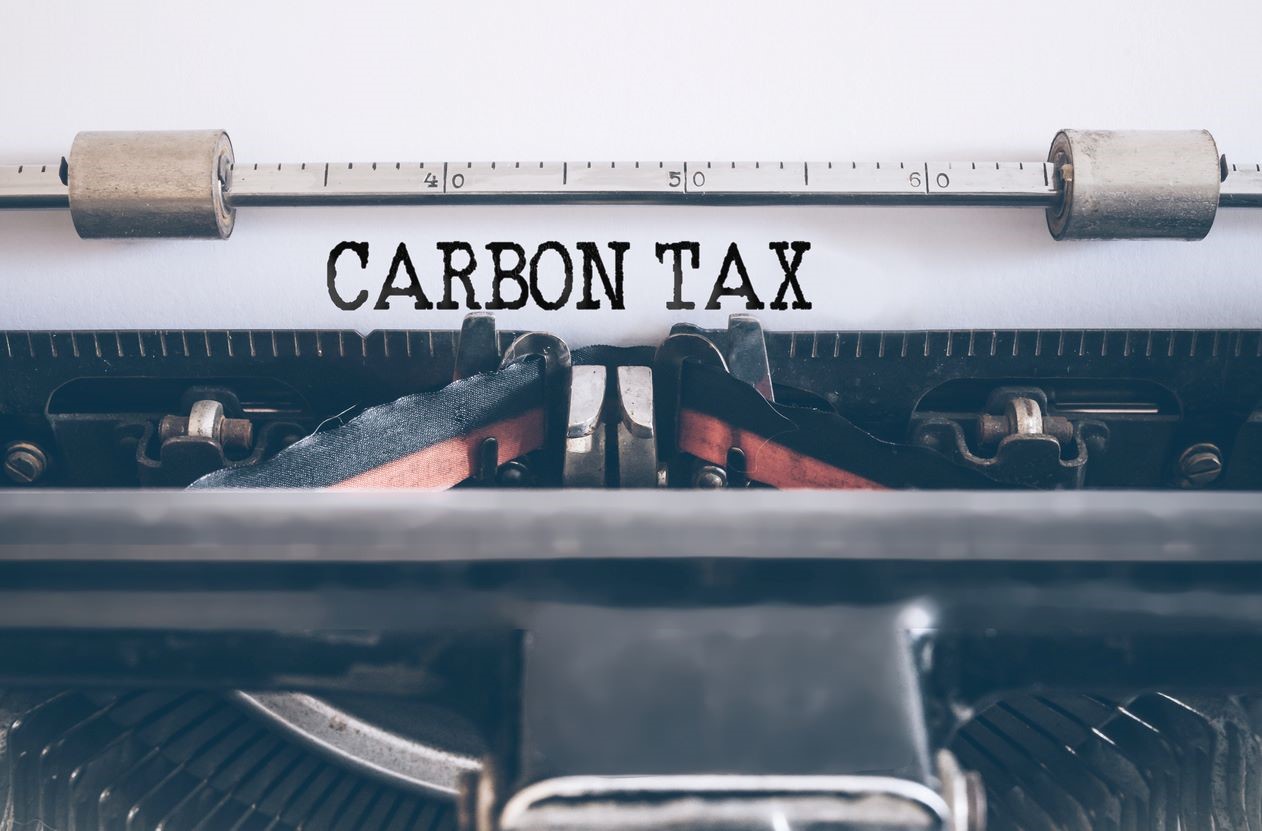

The United Kingdom is set to introduce a carbon border tax starting in 2027 for imports of key industrial materials, including aluminium, iron, steel, ceramics, and cement. This initiative mirrors the European Union's approach and aims to factor in the carbon emissions linked to manufacturing imported goods. The tax will also consider the disparity in carbon prices between the UK and the exporting country.

India is likely to oppose this development
India is likely to resist this development, viewing it as a non-tariff barrier akin to its stance against the carbon border adjustment mechanism introduced by the EU. Anticipated in the wake of these actions, other advanced economies are expected to follow suit by implementing comparable levies.
On December 18, 2023, following the European Union's lead, the United Kingdom revealed its intention to enforce a carbon border tax starting in 2027. This tax will be applied to iron, steel, aluminium, ceramics, and cement imports, posing an additional challenge for nations like India. The amount of the tax will be contingent on the quantity of carbon emitted during the production of the imported goods and the disparity between the carbon price in the UK and the originating country.
The tax imposed would be contingent on the volume of carbon emissions generated while manufacturing the imported goods and the disparity between the carbon pricing in the UK and the originating country.
Jeremy Hunt, the UK Chancellor of the Exchequer, said, "This levy will make sure carbon-intensive products from overseas - like steel and ceramics - face a comparable carbon price to those produced in the UK so that our decarbonisation efforts translate into reductions in global emissions. This should give UK industry the confidence to invest in decarbonisation as the world transitions to net zero."
Non-tariff barrier
Despite the government's silence on the matter, there are expectations that India will express concerns over the development, considering it as a non-tariff barrier.
The EU's introduction of the carbon border adjustment mechanism (CBAM) has faced opposition from India, leading to bilateral protests and complaints filed at the WTO. In response, India is contemplating imposing a comparable levy on imported goods, with government officials expressing the hope of resolving the issue. They argue that such measures contradict the differentiated approach for developing countries and are inconsistent with both WTO rules and the UN framework.
While the UK officially declared its decision on December 18, it was widely anticipated to align with the EU's actions. Additionally, other advanced economies are expected to impose comparable levies in the upcoming months.
UK Govt. criticised for its slow pace of implementation
The Treasury has stated that the proposed tax aims to tackle the issue of "carbon leakage," wherein UK manufacturers face price competition from foreign counterparts whose governments do not enforce levies on businesses emitting significant carbon. Consequently, emissions are shifted to other countries, placing environmentally conscious UK producers at a disadvantage as they bear the burden of carbon-related charges.
The Treasury has indicated that fees associated with the carbon border adjustment mechanism (CBAM) will be contingent upon the level of emissions generated during the production of the imported item. Additionally, the charges will factor in the disparity between the carbon price implemented in the country of origin and the amount paid by comparable manufacturers in the UK.
While industry groups have expressed support for the proposal, they have cautioned that the suggested commencement date of 2027 is deemed too delayed.



Responses






